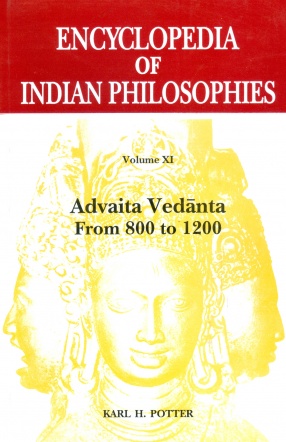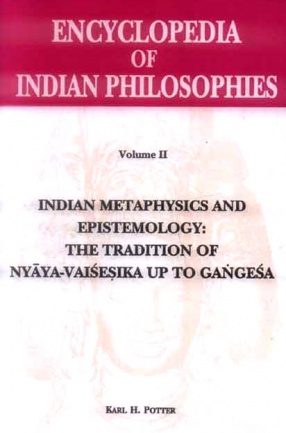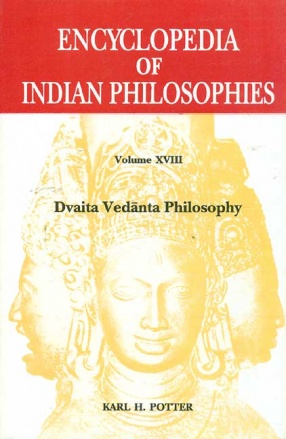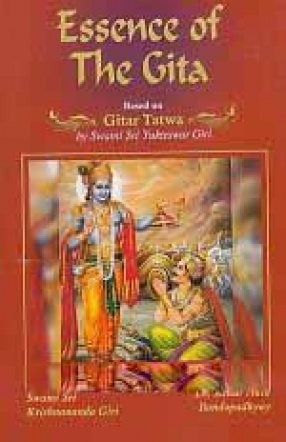Encyclopedia of Indian Philosophies, Volume XVII: Dvaita Vedanta Philosophy
Madhva, the founding figure of the Dvaita system of philosophy, states the major tenets of his philosophical system in a nutshell in his Mahabharata-tatparyanirnaya 1.70-71: "The flow of the world is real together with its five fold difference:
1. The difference between God and jivas (i.e., the individual selves);
2. The mutual differences(s) among the jivas;
3. The difference(s) between God and jada (i.e., inert) object;
4. The mutual differences(s) among the jada objects;
5. The difference between the jada objects and the individual selves.
These differences are permanent and will continue forever. These differences will continue ever after liberation. The hierarchy of the jivas will also continue even after liberation."
Madhva's is the first of those systems labeled "Vedanta" to espouse such a sweeping set of distinct kinds of real entities. Notably, the Advaita system of Samkara denied any differences at all, labeling all such distinctions at best anirvacaniya, impossible to speak of consistently. Madhva's passage, quoted above, states his disagreement with such a position in as extreme terms as is possible. Besides forming an important school of thought in its own right, Madhva provided the backdrop to the "modern" period of Indian thought, in which even the importance of liberation and the basic assumptions concerning it came into question.
Get it now and save 10%
BECOME A MEMBER
-

Encyclopedia of Indian Philosophies, Volume XI: Advaita Vedanta from 800 to 1200
-

Encyclopedia of Indian Philosophies, Volume II: Indian Metaphysics and Epistemology: The Tradition of Nyaya-Vaisesika upto Gangesa
-

The Encyclopedia of Indian Philosophy, Volume III : Advaita Vedanta (Part one)
-

The Encyclopedia of Indian Philosophy, Volume IV: Samkhya: A Dualist Tradition in Indian Philosophy






Bibliographic information